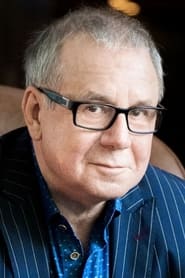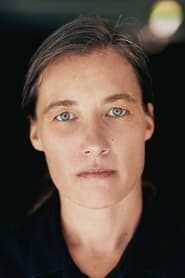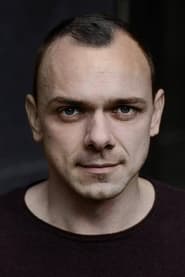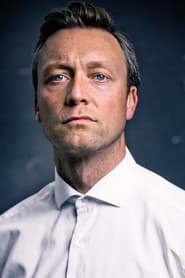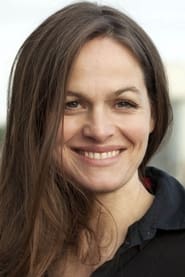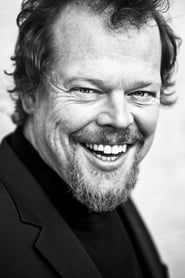
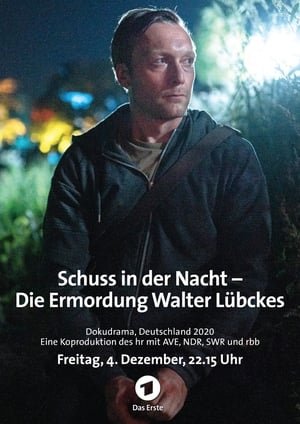
Schuss in der Nacht - Die Ermordung Walter Lübckes(2020)
On June 1st, 2019, around 11:30pm, the shoot which represents a turning point in the federal republic falls. In the hessian small town Wolfhagen-Istha, the district president of Kassel, Walter Lübcke, is murdered during this night, while, just a few meters away, the annual carnival is putting the locals into a festive mood. It is DNA-evidence on the clothes of Walter Lübcke which leads the investigators on June 15th, 2019, to his presumptive murderer: Stephan Ernst. The previously convicted right-wing extremist Ernst gets arrested by a SEK unit in Kassel. A first background check reveals: Stephan Ernst was known to the security authorities, but they did not have him on their radar for six years. Now he is back. And a person is dead. The docu-drama “Schuss in der Nacht” („Shoot in the dark“) tells emotionally, and simultaneously factually, how the deadly attack on Lübcke came to be. It tells about the first far-right motivated murder of a politician since the era of national socialism.




Movie: Schuss in der Nacht - Die Ermordung Walter Lübckes
Top 9 Billed Cast
Alexander Thomas
Frank Hannig
Walter Lübcke

Schuss in der Nacht - Die Ermordung Walter Lübckes
HomePage
Overview
On June 1st, 2019, around 11:30pm, the shoot which represents a turning point in the federal republic falls. In the hessian small town Wolfhagen-Istha, the district president of Kassel, Walter Lübcke, is murdered during this night, while, just a few meters away, the annual carnival is putting the locals into a festive mood. It is DNA-evidence on the clothes of Walter Lübcke which leads the investigators on June 15th, 2019, to his presumptive murderer: Stephan Ernst. The previously convicted right-wing extremist Ernst gets arrested by a SEK unit in Kassel. A first background check reveals: Stephan Ernst was known to the security authorities, but they did not have him on their radar for six years. Now he is back. And a person is dead. The docu-drama “Schuss in der Nacht” („Shoot in the dark“) tells emotionally, and simultaneously factually, how the deadly attack on Lübcke came to be. It tells about the first far-right motivated murder of a politician since the era of national socialism.
Release Date
2020-12-04
Average
0
Rating:
0.0 startsTagline
Genres
Languages:
DeutschKeywords
Similar Movies
 0.0
0.0Alvaro Cunhal(pt)
A personal biography of the leader of the PCP (Portuguese Communist Party) seen through the eyes of those who were close to him and those who studied his trajectory and thought.
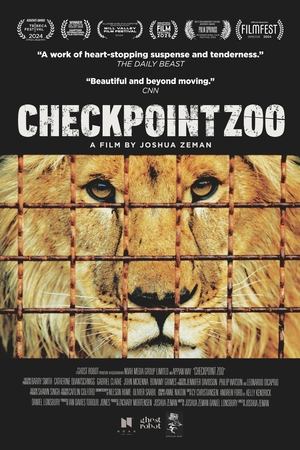 0.0
0.0Checkpoint Zoo(en)
Checkpoint Zoo documents a daring rescue led by a heroic team of zookeepers and volunteers, who risked their lives to save thousands of animals trapped in a zoo behind enemy lines in the Russian Invasion of Ukraine.
 7.0
7.0Solidarność: How Solidarity Changed Europe(de)
Gdańsk, Poland, September 1980. Lech Wałęsa and other Lenin shipyard workers found Solidarność (Solidarity), the first independent trade union behind the Iron Curtain. The long and hard battle to bring down communist dictatorship has begun.
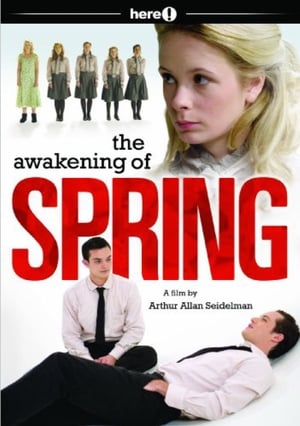 3.4
3.4The Awakening of Spring(en)
Based on the 1891 play "Spring Awakening," this filmed stage drama examines the tensions and confusion of young people as their growing sexual awareness conflicts with the repressive social environment around them. The passionate kiss between two males might be the first envisioned for the stage since Christopher Marlowe's between Edward II and Gaveston.
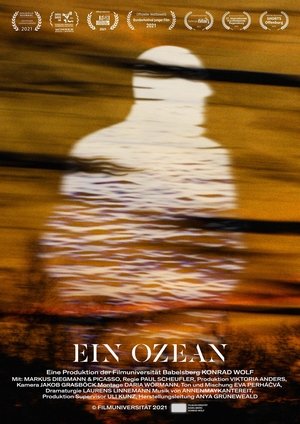 0.0
0.0AN OCEAN(de)
The trembling starts in his neck when Markus gets closer to the images that have chased him for 49 years. Now he steers his motor home south, as far away from his past as possible.
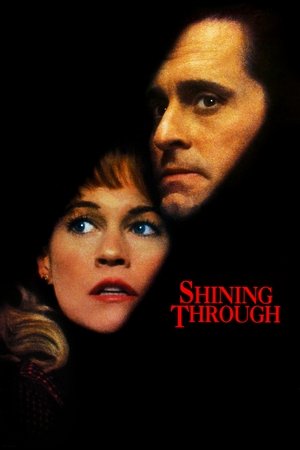 6.5
6.5Shining Through(en)
Spirited New Yorker Linda Voss goes to work for international lawyer and secret Office of Strategic Services operative Ed Leland just before World War II. As they fall in love, the United States enters the fight against Hitler, and Linda volunteers to work for Ed spying undercover behind Nazi lines. Assigned to uncover information about a German bomb, Linda also has personal motives to fulfill: discovering the fate of her Jewish family members in Berlin.
 4.6
4.6Liberators Take Liberties(de)
Helke Sander interviews multiple German women who were raped in Berlin by Soviet soldiers in May 1945. Most women never spoke of their experience to anyone, due largely to the shame attached to rape in German culture at that time.
The Serbian Girl(de)
The naive 18 year old Dobrila leaves her little Serbian village to travel to Hamburg, Germany, where her boyfriend lives. The trip is not easy. Finally in Hamburg she has to realize her boyfriend is not very interested in a relationship. She doesn't tell him she's pregnant and starts on her way home to Serbia, which turns out to be even more exhausting.
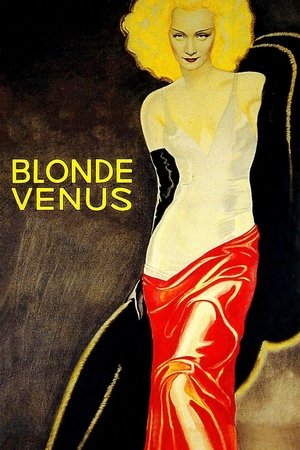 6.8
6.8Blonde Venus(en)
In an effort to be able to afford expensive treatment for her gravely ill American husband, a retired German entertainer returns to the cabaret as Blonde Venus and catches the eye of a wealthy politician.
 6.0
6.0Mendel(no)
A Jewish family leaves Germany after surviving the Holocaust and heads to Norway. Mendel, their youngest son, is too young to make sense of the Holocaust but tries to comprehend his family's actions during the war and their nightmares now. His imagination frequently runs away from him.
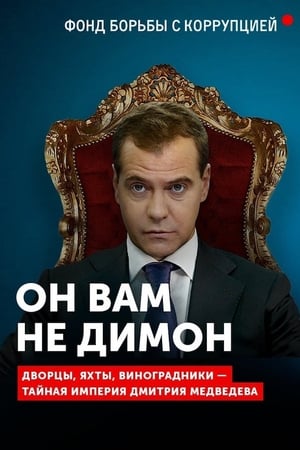 8.4
8.4Don't Call Him Dimon(ru)
A 2017 Russian documentary film about alleged corruption by Prime Minister of Russia Dmitry Medvedev. The film claims that Dmitry Medvedev has embezzled an estimated $1.2 billion.
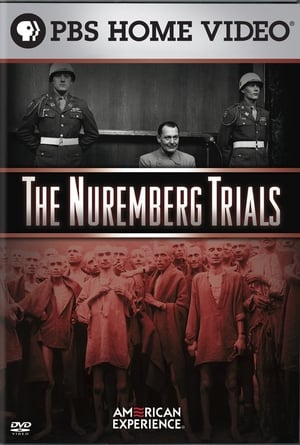 8.0
8.0The Nuremberg Trials(en)
One journalist described it as a chance "to see justice catch up with evil." On November 20, 1945, the twenty-two surviving representatives of the Nazi elite stood before an international military tribunal at the Palace of Justice in Nuremberg, Germany; they were charged with the systematic murder of millions of people. The ensuing trial pitted U.S. chief prosecutor and Supreme Court judge Robert Jackson against Hermann Göring, the former head of the Nazi air force, whom Adolf Hitler had once named to be his successor. Jackson hoped that the trial would make a statement that crimes against humanity would never again go unpunished. Proving the guilt of the defendants, however, was more difficult than Jackson anticipated. This American Experience production draws upon rare archival material and eyewitness accounts to recreate the dramatic tribunal that defines trial procedure for state criminals to this day.
 6.0
6.0The Ugliest Car(pl)
The youngest protagonist of the documentary is Wartburg, an automobile over 50 years of age. The car is still on the road, driven by Bogdan, a 70-year-old who is taking his mother to visit the German factory where she was forced to work during WWII. In this road movie which takes place between Majdanpek and Germany, the trip becomes a journey into the past, retracing memories from the war and revealing a unique relationship between an old son and his elderly mother.
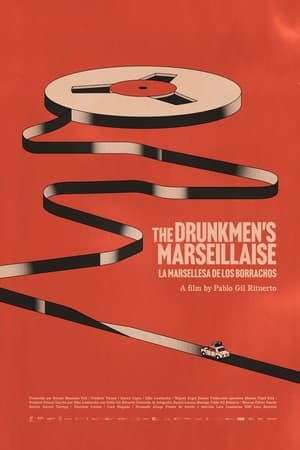 8.0
8.0The Drunkmen’s Marseillaise(es)
In the summer of 1961, a group of young Italian anthropologists made a clandestine journey through Spain, in order to record popular songs that supported anti-Franco resistance. As a result of their work, they were prosecuted and their recordings were censored. Sixty years later, and guided by Emilio Jona, aged 92, the last living member of that group of travellers, we recover the unpublished recordings and reconstruct the journey, today, across an emotional and political landscape, regaining historical memories through these songs, as relevant today as they were then.
 8.5
8.5Nuremberg: The Nazis Facing their Crimes(fr)
The documentary of the Nuremberg War Trials of 21 Nazi dignitaries held after World War II.
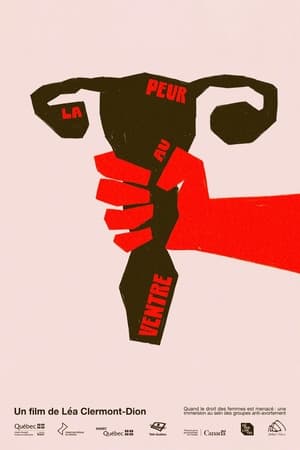 8.0
8.0La peur au ventre(fr)
Exploring the rise of anti-abortion groups in Canada, the filmmaker also presents the feminist and pro-choice response that is being organized across the country.
 0.0
0.0Wolves Return(de)
Wolves divide and fascinate us. 150 years after they were driven to extinction in Central Europe, they are returning slowly but inexorably. Are they dangerous to humans? Is it possible to coexist? Using Switzerland as a point of departure, where wolves have returned in the very recent past, this documentary sheds light on the wolf situation in Austria, eastern Germany, Poland, Bulgaria, and even Minnesota, where freely roaming packs of wolves are more common sight.
 6.0
6.0The Words That Built America(en)
In recognition of the 4th of July, several celebrities and politicians of differing ideologies join to read the historic documents which laid the foundation for the United States of America.
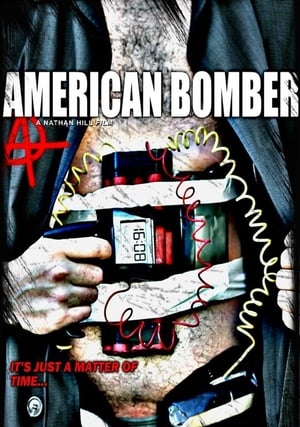 3.7
3.7American Bomber(en)
A young man who has lost his family is swept up in extreme right wing ideology. He is mentored by a deranged professor who feeds him extreme ideology and teaches him how to make bombs. Making him the first domestic suicide bomber in history.
 7.9
7.9Blood Money: Inside the Nazi Economy(fr)
How did Nazi Germany, from limited natural resources, mass unemployment, little money and a damaged industry, manage to unfurl the cataclysm of World War Two and come to occupy a large part of the European continent? Based on recent historical works of and interviews with Adam Tooze, Richard Overy, Frank Bajohr and Marie-Bénédicte Vincent, and drawing on rare archival material.
